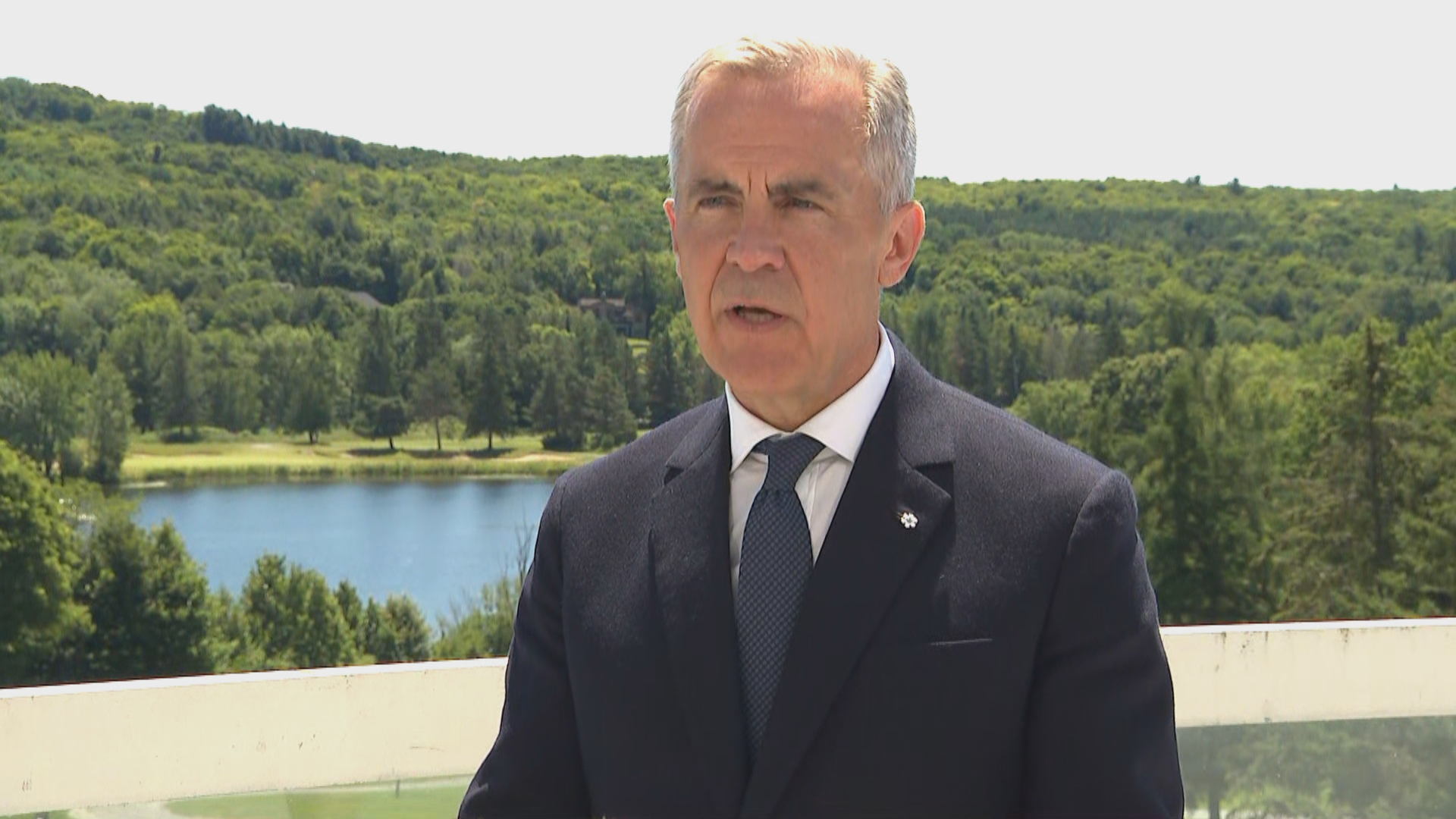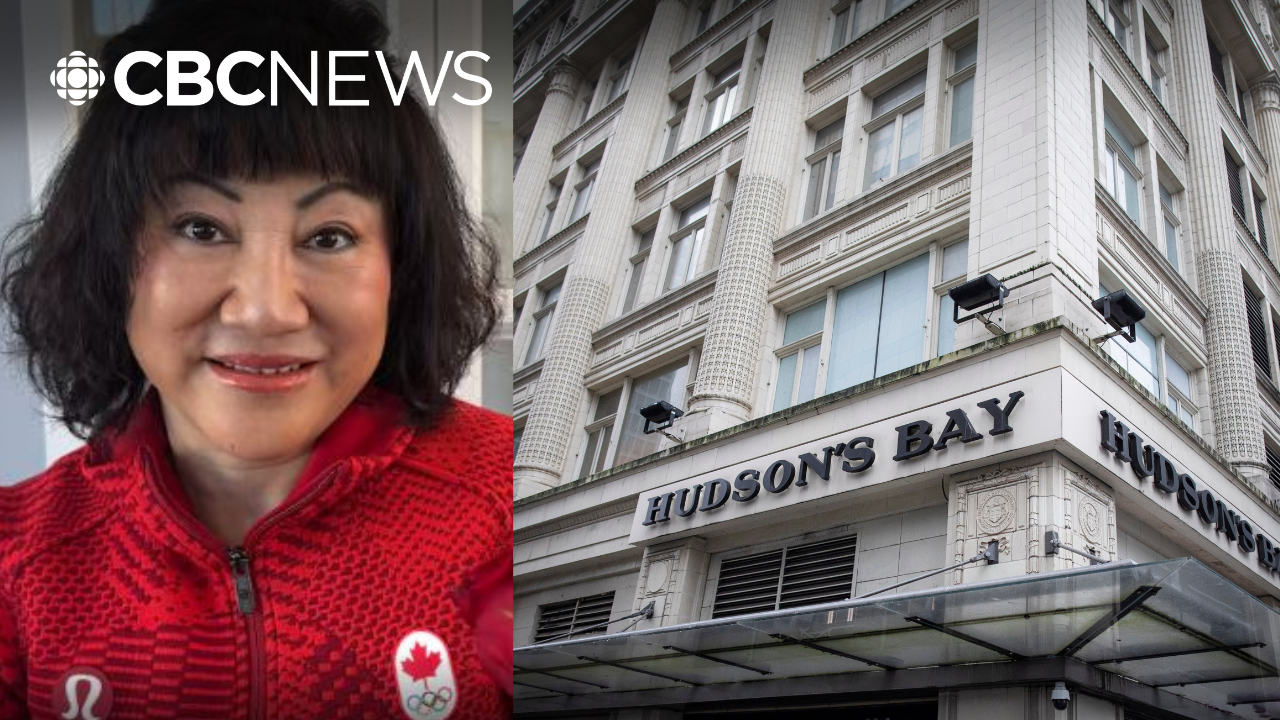Negotiations are stalled as retailers warn of the consequences of the strike in BC ports across the continent

As British Columbia’s longshoremen’s strike enters its third day, shop associations and mayors are warning of the likely impact across the country – and even the continent.
Greg Wilson, director of government relations for the Retail Council of Canada for BC, says the strike is impacting supply chains across the continent – a concern for both retailers and consumers.
“There will be effects all over North America,” Wilson said in an interview with CBC News.
BC dockers from the International Longshore and Warehouse Union (ILWU) walked away from work Saturday morning. Their employer, the BC Maritime Employers Association (BMEA), said attempts to negotiate with a federal mediator over the course of three days were unsuccessful.
On Monday afternoon, the employers’ organization released another statement saying that negotiations had stalled. The BCMEA said it has gone as far as possible on the core issues and negotiators do not believe more negotiations will lead to a collective agreement.
“ILWU Canada went on strike over demands that fell and remain outside any reasonable settlement framework. In view of the foregoing, the BCMEA believes that a continuation of negotiations will not result in a collective agreement at this time,” the statement read.
In response, ILWU released a statement accusing employers of deliberately sabotaging negotiations by halting progress the two groups had made on the issue of maintenance workers.
Both sides were still at the negotiating table on Monday morning
“When we finally had a document that was largely agreed upon as a result of continued movement by the union on this one position, the association decided to change their position in an attempt to muddy the waters and misrepresent the work we’ve been talking about for months. characterize,” reads the statement from ILWU President Rob Ashton.
Ashton’s statement also refuted the BCMEA’s suggestion that continuing to negotiate would not produce a collective agreement, adding that imposing a collective agreement would not create the long-term labor stability needed in the industry.
“We hope the association does not hide behind the threat of legislation to return to work and binding arbitration to avoid negotiations with the union.”
The strike affects about 7,400 terminal freight loaders and 49 of the province’s waterfront employers in more than 30 BC ports, including Canada’s busiest, Vancouver.
In a written statement, the Port of Vancouver said a third of Canada’s international trade passes through the busy port.
We hope for a quick and satisfactory solution for all parties involved.
Looking for alternatives
Wilson said companies are looking for other ways to get their goods to their final destination.
Alternative routes might include shipping goods to U.S. ports and then shipping them by train or truck, Wilson said, but alternative shipping arrangements often cost more. And that’s on top of the extra cost of keeping goods sitting in containers, he added, waiting to ship.

Wilson said the federal government should recall MPs to the House of Commons as soon as possible, if not to implement the return-to-work legislation, then at least to put pressure on the negotiating parties.
“It is important that all higher levels of this government work very hard and provide all the incentives necessary to reach a settlement,” he said.
Alberta Premier Danielle Smith said the ongoing strike could cause “significant economic damage” in Alberta and across Canada.
Smith released a statement saying her government is monitoring the situation and is concerned about the negative impact the strike will have on the Canadian economy, including increased inflationary pressures on consumers.
‘Extremely important for the whole country’
Jasmin Guénette, vice president of national affairs at the Canadian Federation of Independent Business, says if cargo doesn’t arrive at its destination on time, companies could lose inventory, sales, revenue or even contract opportunities.
The strike affects all companies that support the shipping industry in BC and Canada, Guénette says, from manufacturing to trucking and everything in between.

“The Port of Vancouver and the ports of BC are extremely important to the entire country,” he said.
“The economy needs ports and railroads that are in operation 100 percent of the time.”
Like Wilson, Guénette warned that the strike could create additional supply-chain problems, as seen earlier during the pandemic, as well as fueling inflation.
‘No one in town who is not affected’
Other ports in BC are also feeling the impact of the strike.
Prince Rupert Mayor Herb Pond told CBC News Network host Sarah Galashan that the strike is affecting every aspect of the 12,000-resident city on BC’s north coast.
“There isn’t anyone in the city that isn’t affected in some way,” Pond said.
Prince Rupert is Canada’s third largest port and workers are also on strike there. Pond said about 4,000 people work in the city in some sort of port-related capacity.
“You can’t go into a classroom, a sports team or the golf course without people in those groups who are all affected by this strike,” he said. “So we certainly hope that it will be settled quickly and fairly.”
Pond said he was not advocating for the federal government to step in with legislation to get back to work, but he knows Ottawa is watching the strike closely.
“The average person in the Vancouver area probably doesn’t even know a longshoreman and wouldn’t know that personal impact on those families, but they will know if they go get their Toyota serviced and Toyota can’t get the service. components”

;Resize=620)

;Resize=620)
;Resize=620)